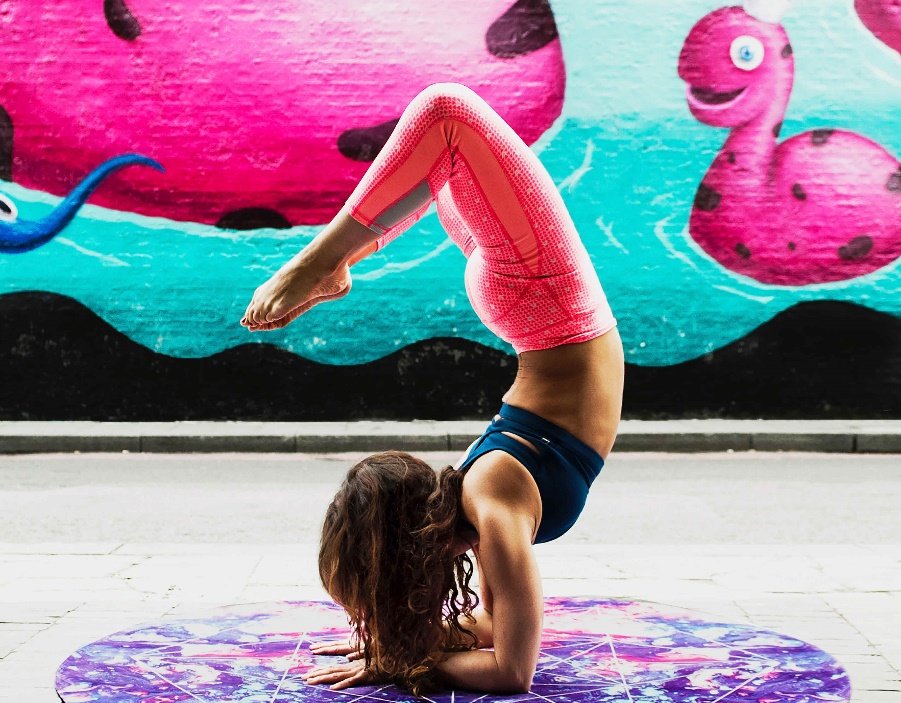Dehydration is not something that only happens to athletes – it can occur regardless of age, circumstance or fitness levels – but the process is often accelerated when we exercise, so it’s especially important before we begin any activity that we make the water cooler our very first stop.
When we work hard our bodies heat up, and in an effort to prevent heat stroke and lower our core temperature, our bodies perspire. If the weather is warm or if we’re being particularly strenuous, our bodies continue to perspire in an ongoing effort to bring about balance, but this ongoing act can leave us dehydrated. A good indicator of our hydration levels is the color of our urine. If it’s pale and nearly transparent our body is properly hydrated, but if it’s dark in colour we run the risk of being dehydrated and should replenish with drinking water immediately.
To avoid dehydration, the most important thing to remember is to plan ahead. If you’re exercising at the gym, be sure to fill your sports bottle at the nearest water cooler before you begin your training. Remember to take frequent sips of water and if you’re going to be exercising for longer than an hour you might want to switch to electrolyte-enhanced drinking water. If you’re looking for an extra source of electrolytes try bananas and dates; both have high levels of electrolyte potassium and help your body refuel during a strenuous workout.
How much water you need will depend on how much you sweat – the bigger you are and the more intense your work-out, the more you’ll tend to perspire. This is also true if the environment is hot and humid. If you want to work out how much water you’ll need to replenish hydration, an easy way to figure this out is to weigh yourself before you exercise and again after you’ve exercised – for every kilogram of body weight you lose, be sure to drink up to 1.5 liters of water.
Be aware of feeling light-headed, this is a typical sign of dehydration. When you don’t have enough water in your system, your blood pressure can drop which is what causes the dizziness. If this happens remember to slow your pace and visit the water cooler to increase your water intake. Remember too that you should continue drinking water throughout the day, even after your workout, as it can take your body a full day to recover from the ill-effects of dehydration.

